Red Hat to acquire CoreOS: major shakedown in container world

On the 30th January 2018, the open source colossus Red Hat announced it has signed a definitive agreement to acquire the well-known container company CoreOS Inc. Not even one month deep in 2018 and we get to see what’s bound to become one of the major shakedowns in the container industry in years.
About CoreOS
CoreOS is a San Francisco based company with approximately 130 employees all around the world. Established in 2013, CoreOS was one of the first companies to focus on containerization, soon becoming one of the leaders of the field. The main product is the homonym CoreOS: a lightweight Linux distribution packed with container software to ease container management, ranging from deployment to monitoring. In the years CoreOS has proven to firmly believe in Open Source and has a good record of contribution in the Kubernetes project, one of the major container orchestration solutions.
CoreOS has three main products:
- CoreOS: the lightweight Linux distribution for containers.
- Tectonic: a Kubernetes-based solution to create and manage multi-cloud setups.
- Quay/Quay Enterprise: a private container registry supporting Docker and Rkt containers. Of the three this is the only non-opensource technology.
About Red Hat
Red Hat is the enterprise that brings open source to enterprises, making it the biggest Open Source company. With its proven commitment on Open Source technologies, Red Hat already had made huge investments in containers. Its flagship container product, OpenShift, was among one of the first PaaS solutions to leverage containers, and among one of the few Open Source technologies to provide PaaS together with containers at all. During 2016, OpenShift underwent a complete rewriting to integrate the leader container orchestration software Kubernetes, of which Red Hat is among the top contributors.
What can we expect out of this?
We believe this acquisition cements Red Hat as a cornerstone of hybrid cloud and modern app deployments.
-Paul Cormier president, Products and Technologies, Red Hat
Red Hat already has a Linux distribution, Project Atomic, which directly competes with CoreOS. In the future we can probably expect a merge of the two technologies to create a superior product.
On the other hand, Tectonic is a unique solution that doesn’t overlay with any of the current Red Hat products. In the future we can probably expect Red Hat to integrate Tectonic in OpenShift, however don’t quote me on this. It may also happen that Red Hat will decide to keep them separate and provide an integration with OpenShift.
Red Hat has a proven track of open-sourcing closed source technologies it acquires. Quay, the only closed source software by CoreOS, will probably be open sourced soon. Quay is a container registry, one of the very few to support images other than Docker. Although there exist other Docker registries software such as Atomic Registry from Red Hat itself, Quay is surely an interesting software. We can probably expect that Quay will be merged into or replace Atomic Registry.
What will change for CoreOS customers?
Red Hat and CoreOS’s relationship began many years ago as open source collaborators developing some of the key innovations in containers and distributed systems, helping to make automated operations a reality. This announcement marks a new stage in our shared aim to make these important technologies ubiquitous in business and the world. Thank you to the CoreOS family, our customers, partners, and most of all, the free software community for supporting us in our mission to make the internet more secure through automated operations.
-Alex Polvi, CEO, CoreOS
Red Hat has created a faq page to explain what will happen. Essentially, CoreOS will continue to support its products for the time being.
- 2020 A year in review for Marksei.com - 30 December 2020
- Red Hat pulls the kill switch on CentOS - 16 December 2020
- OpenZFS 2.0 released: unified ZFS for Linux and BSD - 9 December 2020
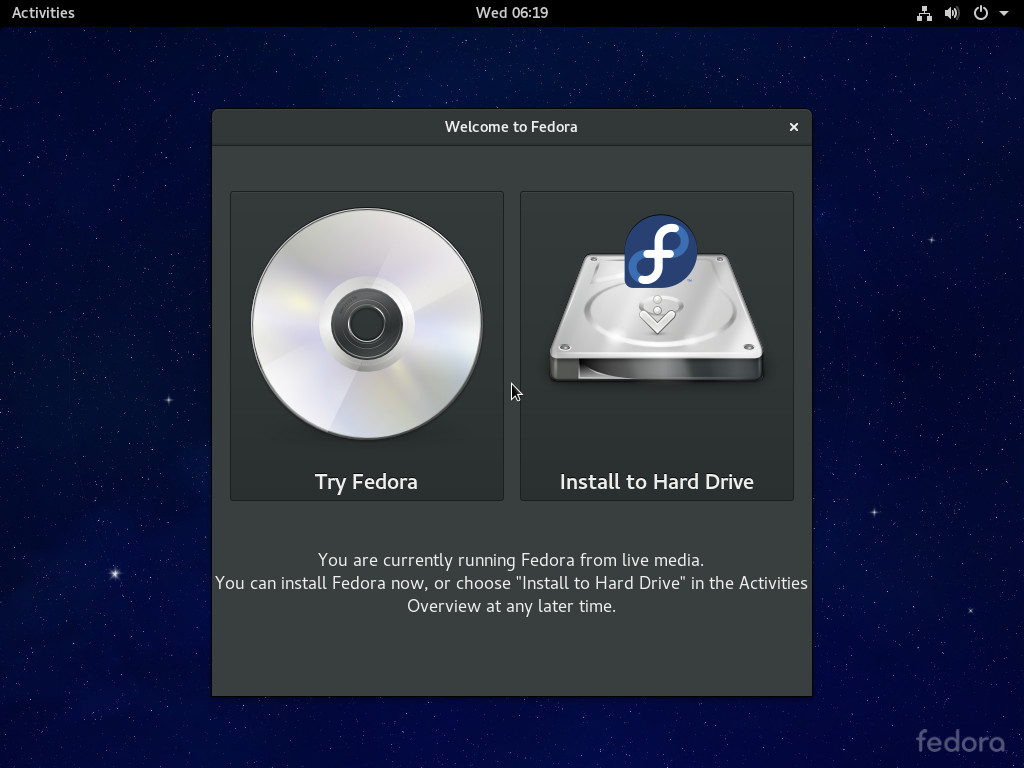

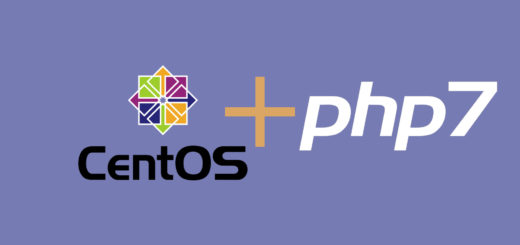
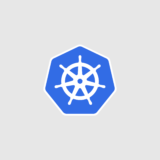
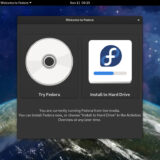
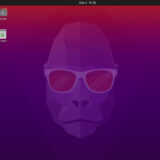
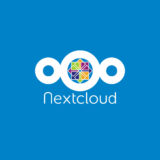
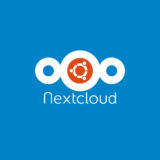

Recent Comments